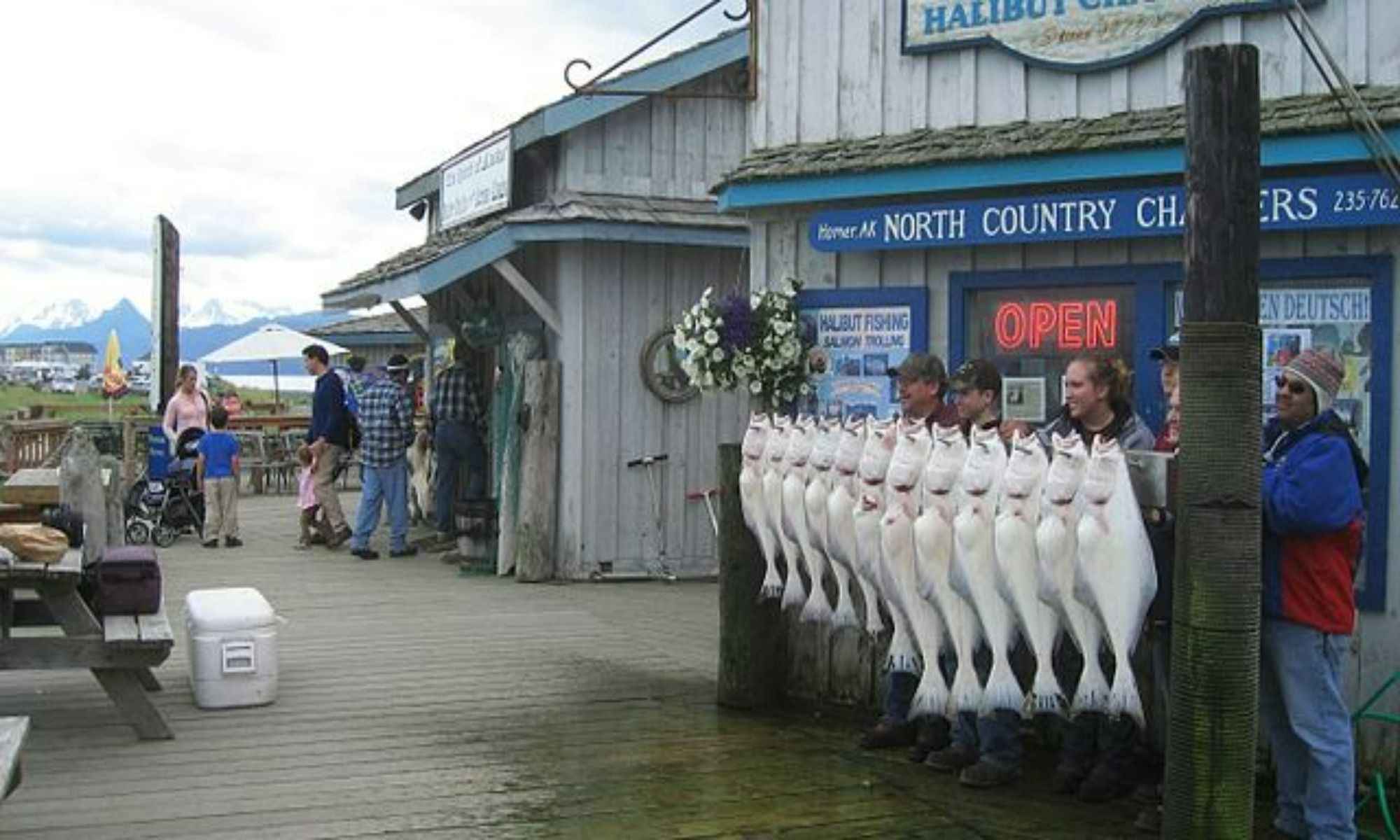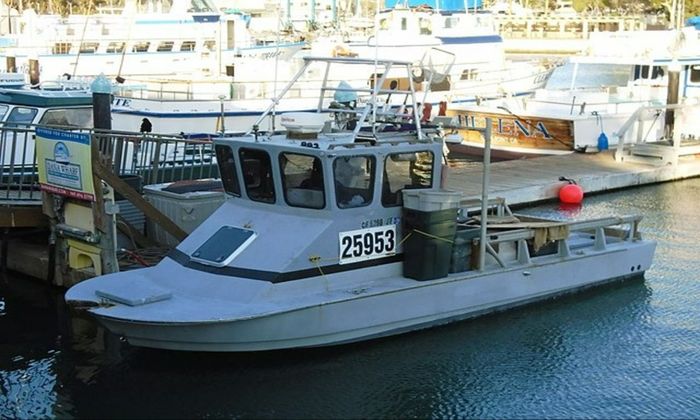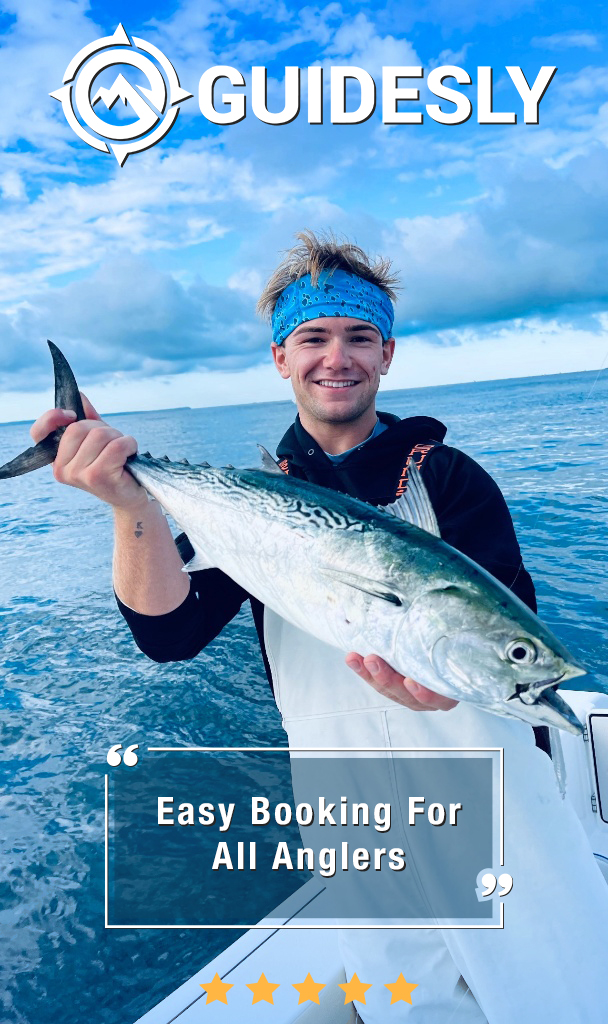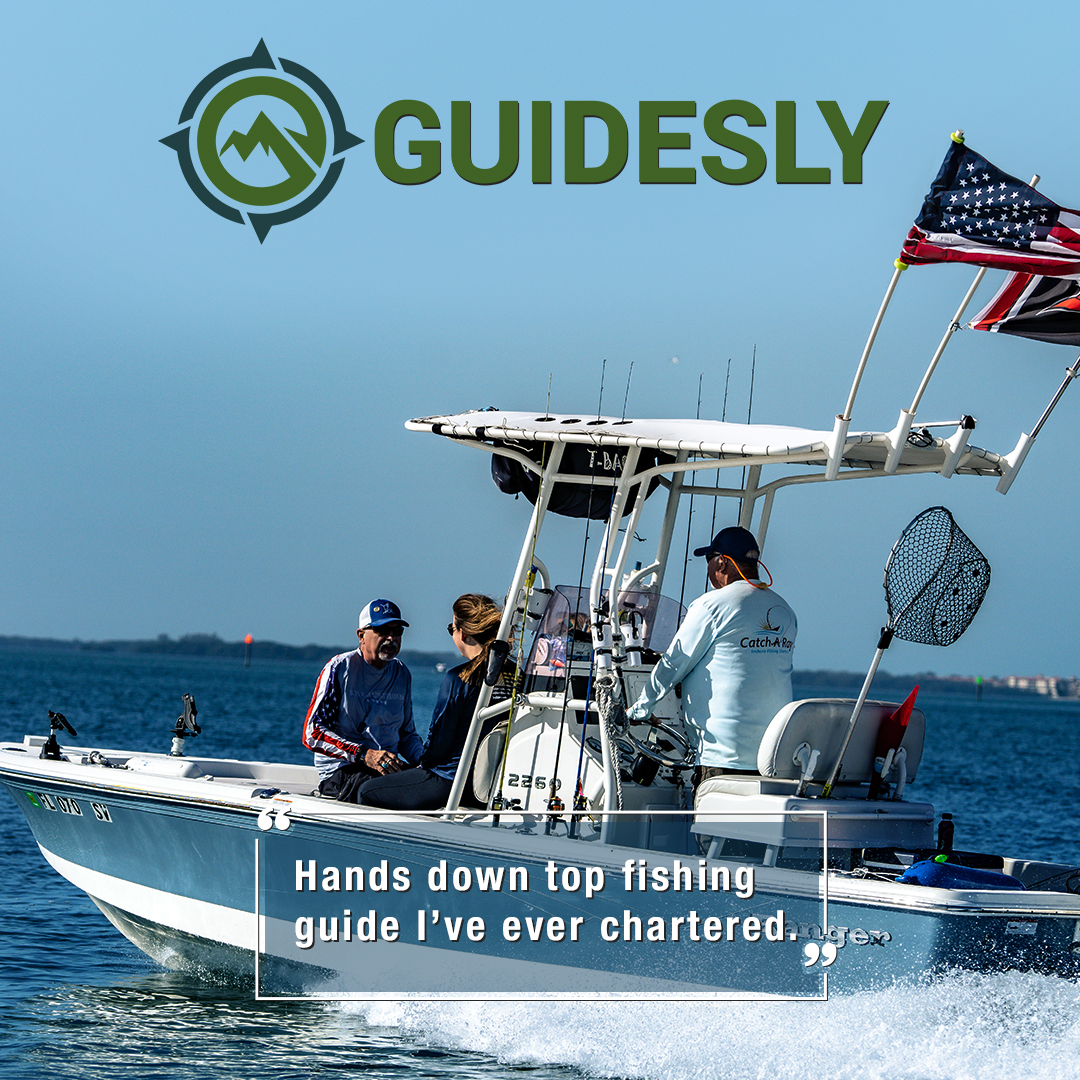Fishing Charter Business: Profitable Or Not
Keen to enter the fishing industry? Read this article to find out if starting a fishing charter business is profitable or not.

If you’re an angler with enough fishing experience and now looking to turn your passion into profit, you’ve probably considered entering the fishing industry as a professional. Perhaps starting a fishing charter business is the first business idea that has crossed your mind. Inevitably, this thought would have followed — “But will it turn a profit?” because any business venture comes with a risk. However, is it worth trying? In this article, we'll explore the costs of running a charter business, plus helpful tips to lower them, how to turn a profit, and how to reach out to your target market effectively.
What is a Fishing Charter Business?

A fishing charter business is a type of boat charter business that takes people out on fishing trips. Many fishing charter businesses will have their niche, which depends on their location. Some fishing charters will offer only inshore fishing, while others offer both inshore and offshore fishing. Some specialize in freshwater fishing, while others do both freshwater and saltwater. Fishing charters also have their target species. For example, in a state with fishing opportunities as diverse as Florida, you will find charters specializing only in redfish or rainbow trout and others targeting freshwater fish species in backwaters. Anglers with access to the Great Lakes, such as Lake Michigan, will offer specialized lake fishing. Some charters can likewise differentiate themselves by the specific fishing techniques - deep sea fishing, fly fishing, jigging, trolling, or light tackle fishing — which can vary depending on their target catch. Some fishing charters especially in will target beginner anglers, some families or larger groups while some charters will specialize in experienced anglers and difficult-to-catch target species, like Permit or Tarpon.
.

The Cost of Running a Fishing Charter Business
When starting a fishing charter business, it’s good to get a bird’s eye view of the initial expenses you will come across. Initially, if you don’t have a fishing boat, buying a new one will cost over 41,000 USD, though that is the minimum. Others with a limited budget opt to buy secondhand, but that can also come at a cost. The advantage to having new boats, apart from their evident newness, is that they come with a warranty that can save you more money on boat maintenance. A used charter boat may be cheaper at the onset but can incur more maintenance costs.
Other expenses start-up fishing charters can accrue at the beginning will include a business and fishing license, insurance for your boat and your business, dockage (or the charge incurred by your boat’s ‘accommodation’ at the dock), utilities, plus other fees which include marketing and advertising, bookkeeping, and legal stuff. You must obtain a master captain's license from the USCG, the US Coast Guard, if you intend to run your own fishing charter business. You will also need to consider certifications required by the state law, including but not limited to first aid and CPR.
These are just for starters. Once you get your fishing charter in operation, you will incur even more expenses as a business owner. Expect to have these three types of operating expenses for your business. The first one is the fixed operating expenses. These include insurance, crew fee if you’re taking on a first mate or an apprentice, dockage fees, and insurance.
Your daily operating expenses will include fuel, bait and ice, and tackle — anything you need for a day’s work on your vessel. After that, you need to think about your hourly expenses. Boat owners will factor in the hours between regular oil changes and engine reserve. Compute the estimate for every hour your boat runs and have the amount ready for when you need to get your oil change and engine rebuilt. Factoring both maintenance costs into your balance sheet will help you save more money in the long run, enabling you to avoid those unexpected repairs caused by neglect and poor maintenance.
How to Turn a Profit with Your Fishing Charter Business
With all these operating expenses, you may now wonder — is it worth it? The short answer is — yes, especially when the economic conditions are ripe for it. Research has shown that fishing charter businesses, when run and managed well, can turn a profit as big as 25 percent. Work hard to deliver quality trips that your guests routinely have a great time whether they are catching fish or not. In all likelihood, your guests will not be catching personal bests on every trip with you so make sure you teach, entertain, involve everyone, etc so their experience is a great one. This will help with them booking you again, providing a great review, speaking highly of your service and more which will help grow your business. Remember that fishing charter trips are a luxury, so they're highly subject to economic downturns and upturns.
How to Rate Your Fishing Trips
It depends on your state and the type of fishing you offer. The common practice among charters is asking for a flat per-hour rate that can accommodate up to four or six people on a boat (often the maximum number their boat can comfortably fit). The per-hour rate can vary per region. In a state as big on fishing as Florida, the per-hour rate can cost 200 USD. Many Captains will have a base price for a duration, say 4 Hours, which will include up to 4 passengers and then have additional per passenger charges up to 6(boat or Captain’s license maximum). You can also have an add-on cost per hour if you are delivering a trip of a lifetime to your guests and they aren’t ready to go back in. These are only a couple of examples of pricing out a trip. Working with a company like Guidesly, their experienced team will help you determine which pricing strategy works best for you based on your business goals and the region that you provide trips.

Can You Offer Other Types of Charter Trips?
Absolutely. It is one of the ways fishing charters can create more revenue streams. Some fishing charters offer sightseeing and island-hopping trips, while others provide other water-related sports like snorkeling or scuba-diving. Get creative and you might be able to provide trips that others in your area do not, like a sunset trip, dinner trip for two, etc. Engaging in these other income-generating sub-niches, though, come with its costs as the state may require you certain certifications or amenities to operate them legally. Be especially attentive to activities that have the guests getting out of your boat like snorkeling, diving for scallops, etc. and how it pertains to your insurance.
How Can You Appeal to Your Target Market?
Even before registering your business name, it helps to check if it’s available as a website domain because digital marketing is a must today. If it’s available, secure the domain and start building your website, where you can include details on the fishing trips you offer and your rates. A Guidesly built webpage can be created free of charge and they will help you identify a website URL that can be used to represent your fishing charter. If the exact company name isn’t available they will assist with alternatives that are similar to your business name.
Know your ideal customers. Identify your preferred customer that you would like to target. Does your fishery and fishing style cater to beginners looking to learn and have a good time with little pressure to catch big fish, is the fishing challenging and frequented by experienced anglers looking to land that hard-to-catch species? Do you enjoy working with families, helping people, and seeing the enjoyment and excitement of someone catching their first fish? Do you prefer the art of the hunt and the strategies involved in tricking that weary and picky species to take your bait, lure or fly? These are some of the questions that you should consider while trying to grow your customer base and then cater your brand marketing to that demographic.
Getting a listing on a fishing guide app like Guidesly is helpful, as people planning fishing trips can easily find you simply by searching by location. Having an updated social media account where you can share candid shots of your fishing trips and client reviews is also helpful in generating a good word for your services.
Fishing Charter Guide Resources:
- What is a fishing charter. An article about the daily tasks of being a fishing charter Captain.
- How to start a fishing charter business. This describes the steps involved with starting a fishing charter business.
- The Process of Starting Fishing Guide Business in Texas. This describes the steps involved with starting a fishing charter business in TX. (Article #1193) Branden Sargent
- Fishing Charter Website Design. This article details how and why to create an excellent fishing charter website. (#1813)
- Marketing your fishing charter business. Learn some essential marketing techniques to build your fishing guide business. (#TBD)
- Become a Fishing Charter Guide. The easiest way to start your fishing charter business, go to Guidesly, create a profile and a free website, and you will be getting fishing trips shortly after that.




